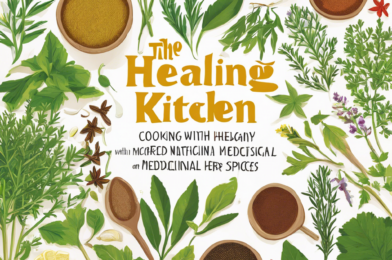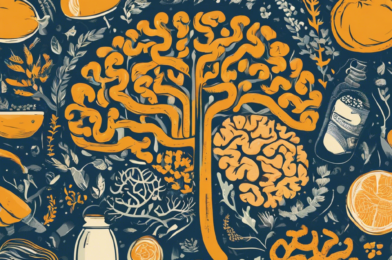Rituals have long been a part of human culture, offering a sense of structure, community, and deeper meaning to life. In modern times, with our busy schedules and diverse array of beliefs, creating personal sacred rituals can be a powerful way to bring intention and fulfillment to our daily lives.
So, what are sacred rituals, and how can we incorporate them into our modern lives in a meaningful way? Sacred rituals are practices that hold special significance and are performed with mindful awareness and a sense of reverence. They can be rooted in spiritual or religious traditions, or they can be personally crafted to align with one’s values and aspirations.
For example, consider the act of sharing a meal. In many cultures, breaking bread together is a sacred ritual. It transcends the act of simply consuming food and becomes an opportunity for connection, gratitude, and community building. By setting an intention and bringing mindful presence to the act of sharing a meal, we elevate the everyday task of eating into a sacred ritual.
Another example can be found in the routine of our morning routines. Starting the day with intentional practices, such as meditation, journaling, or a mindful cup of coffee or tea, can set a positive tone for the hours ahead. These rituals need not be time-consuming or elaborate; even a few minutes of conscious breathing or setting an intention for the day can create a sense of calm and purpose.
Evening rituals can also be crafted to signal the transition from the busyness of the day to a more relaxed and restorative state. This could be through a bedtime yoga practice, a digital detox, or a bedtime ritual that prepares the mind and body for a restful night’s sleep. Sacred rituals such as these offer an anchor in our sometimes chaotic lives, providing an opportunity to cultivate presence and appreciation for the little things.
In a world where many of us crave a deeper sense of connection and purpose, sacred rituals can serve as powerful tools. They allow us to honor our past, bring awareness to the present moment, and manifest our hopes and dreams for the future. By creating and practicing our own sacred rituals, we regain a sense of agency and infuse our lives with meaning.
So, how can we create meaningful daily practices that serve as our modern sacred rituals? It begins with identifying our values and what truly matters to us. From there, we can design personalized rituals that align with our unique beliefs and aspirations. Whether we find solace in spiritual traditions or create our own symbolic practices, the key lies in infusing mindfulness and intention into our daily routines.
To create your own sacred ritual, start by setting an intention or identifying a value that is important to you. Then, choose a simple practice that resonates with you and that you can realistically incorporate into your daily or weekly routine. It could be something as simple as lighting a candle and taking a few deep breaths when you arrive home from work or writing down three things you are grateful for each night before bed.
Remember, the power of sacred rituals lies not in their complexity or length, but in the mindful awareness and reverence we bring to them. Through these practices, we create space for ourselves to pause, reflect, and find meaning in the midst of our busy lives.




